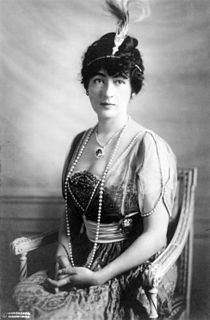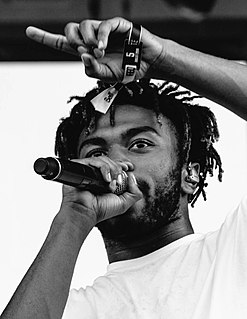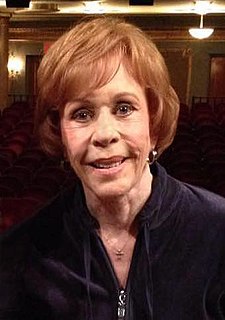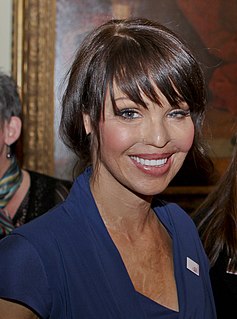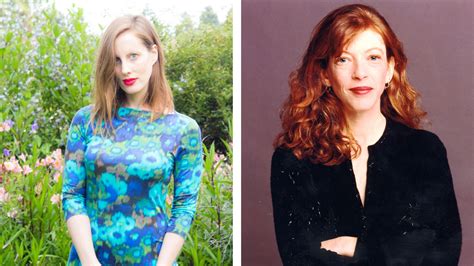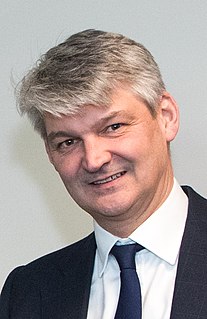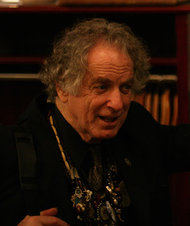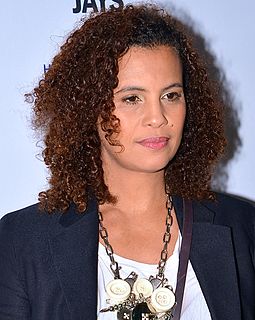A Quote by Junot Diaz
If you were a nerd computer geek in 1982, the amount of isolation you felt - at least what I experienced, or the kids I knew, the isolation they felt - was almost total. They were not part of society; no one thought they were cool.
Related Quotes
It felt really nice to not have anybody talking about numbers, and no one is talking about ratings. From my experience, it felt like there was one person running the ship and it felt like there was space for Jenji to be at the helm. That's not what I've experienced in television before. It felt more akin to an interesting movie, where there were producers who were really excited by the work and wanted to make space for the director's vision to be sort of shared with an audience. It felt more cohesive.
[On her morphine addiction:] I was meant to 'taper off.' At times I felt such pains as must afflict a creature while a bigger beast eats and claws at its middle. God-awful things were hiding underneath my bed, and it was no use telling me they were not there - I knew they were, and felt their dreadful ever-changing shapes.
When I first came to New York, in the '70s, artists were certainly divided about the Andy Warhol persona, and about the work. I thought it was utterly cool - I thought the Factory was utterly glamorous - but there were a lot of artists I really admired and respected who were older that kind of dismissed it, couldn't get it, and felt that there was a lack of seriousness about it.
Individuality is different than isolation. Isolation is trying to do everything on your own, living life by yourself. Isolation happens when you choose not to be involved in any communities, making sure you keep a safe distance from people in your life. I’m not recommending isolation. Science, psychology, and religion all suggest long term isolation is dangerous and unhealthy.
The Goons were always one of our favourites; we always felt we were in that tradition - Goons, Monty Python, Peter Cook, Vic and Bob, Spike Milligan. We felt we were part of that lineage, but in England, it wasn't happening like that. There was a brand of comedy like 'The Office,' which was very real.
My siblings and I were raised like tenants, to be honest. There was a total absence of intimacy in my family, though there was still a great deal of camaraderie among the kids. Things were set up almost like a business, and it had to be managed that way because we were really poor, and there were a lot of mouths to feed.
I think I was probably looking for gay role models when I was younger, before I even knew or thought I was gay. I didn't really make the connection that they were gay, but I felt drawn to them because they were going against the grain, and I knew there was something that they had that everybody else didn't have. It was an edge.
I don't think you can cover a song unless you love it and have a relationship with it. With 'Golden Heart' I felt a sense of responsibility. And when we were recording it in the studio, it felt almost dream-like. Something you might hear if you were in Senegal, with someone singing from the mosque in the morning just as the sun's coming up.



